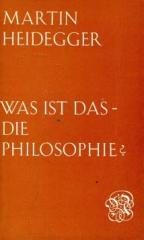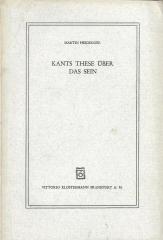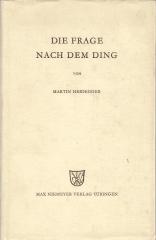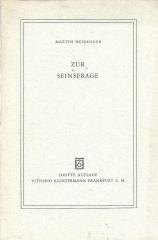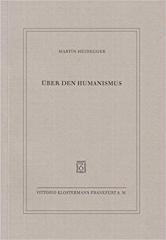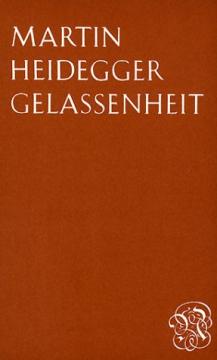
Gelassenheit
"Gelassenheit" (Lethargy), published in 1959, is a short but important work in which Martin Heidegger offers an answer to the crisis of modern man faced with the dominance of technology.
"Gelassenheit" represents a new kind of relationship to the world – a relationship in which man does not try to control and master everything, but learns to surrender and listen to Being.
Heidegger distinguishes two ways of thinking: calculating thinking, which plans, calculates and directs, and deliberate thinking, which listens to what reveals itself. The modern world, driven by technology, almost completely gives way to calculating thinking, which leads to alienation and oblivion of Being.
"Surrender" is not passivity or rejection of technology. It means the ability to use technology without complete devotion to its laws. It means standing open to the world, without trying to reduce everything to utility and efficiency.
Heidegger proposes calm composure and acceptance of things as they are, as the basis of a new spiritual orientation. Only through "Gelassenheit" can man regain freedom in relation to the technological world and restore his original relationship with Being.
The work is an expression of Heidegger's late philosophy, focused on silence, gratitude and the return to the simplicity of life.
No copies available
The last copy was sold recently.
